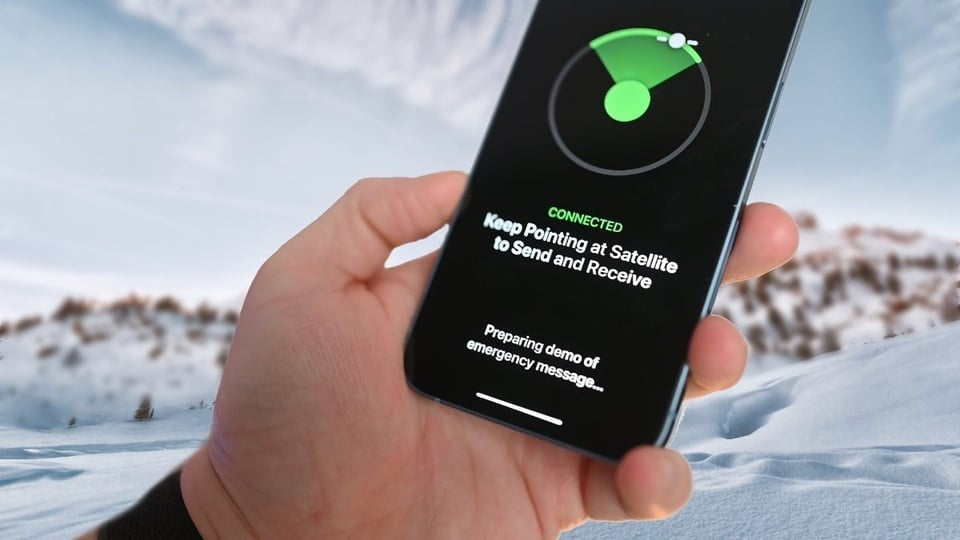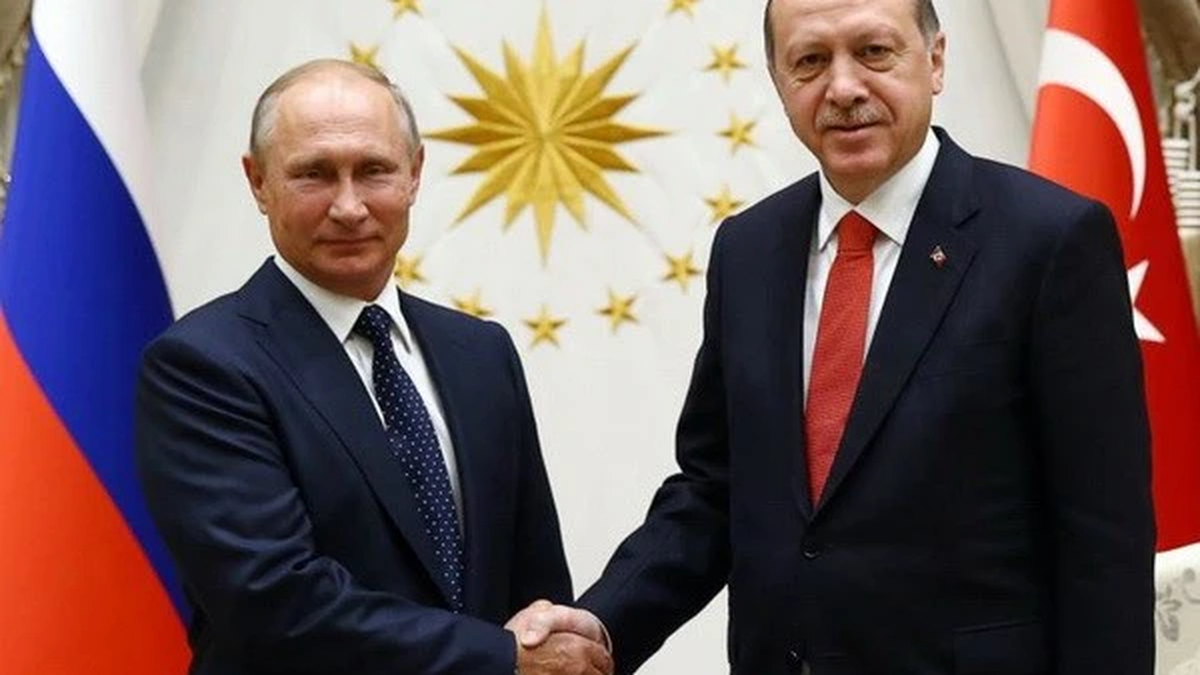 |
Apple was late to Starlink. Photo: Appleinsider . |
Before Starlink launched, Apple had been quietly developing an ambitious satellite service. According to The Information , in 2015, the tech company teamed up with Boeing to discuss putting thousands of satellites into orbit to provide global Internet coverage exclusively for iPhone users.
The project, codenamed “Project Eagle,” was led by veteran engineer Ruben Caballero, who has been involved in many of Apple’s wireless initiatives, including the “Antennagate” scandal on the iPhone 4. Apple reportedly spent $36 million on testing at a secret facility in El Segundo, California.
In addition to satellites, Apple also plans to provide rooftop antennas to help users access the Internet from space — overcoming the “line of sight” limitations of satellite technology.
In 2022, Apple officially launched the Emergency SOS via Satellite service on iPhone 14, allowing users to send distress messages even when losing mobile signal. This service quickly recorded many successful life-saving cases, creating a memorable milestone in the mobile technology industry.
However, compared to “Project Eagle”, the current SOS service is just a small part. Apple's original ambition was to create an Internet ecosystem that is independent of telecommunications carriers, allowing it to compete directly with Starlink - Elon Musk's satellite company.
But then Apple pulled the plug. CEO Tim Cook was the one who made the decision to stop the project. He was concerned that the plan could damage the strategic relationship between Apple and carriers - important partners in the iPhone ecosystem.
Additionally, deploying its own satellite network could also put Apple in the category of telecommunications service providers, bringing with it legal and regulatory burdens.
Because Apple could not find a viable business model convincing enough to continue, “Project Eagle” was quietly killed, without a single press release, without an official farewell.
Apple’s exit from the space game doesn’t mean the end of satellite internet ambitions. On the contrary, names like SpaceX, Amazon and many Chinese companies are increasingly fierce in the race for coverage from space.
Let's hypothesize: if Apple had continued to pursue "Project Eagle," perhaps the space connectivity map would now have a completely different giant besides Elon Musk.
But Tim Cook chose to preserve his relationships with carriers and avoid the legal risks of becoming a telecom infrastructure provider. At the time, it was a prudent choice. But as Starlink spreads globally and becomes ubiquitous in everything from emergency response to warfare, many are starting to wonder: Has Apple missed out on being part of the next infrastructure revolution?
The market doesn't expect perfection. And sometimes the price of not moving forward isn't failure, but being forced to choose again forever.
Source: https://znews.vn/apple-lo-co-hoi-di-truoc-starlink-post1556497.html




































































































Comment (0)